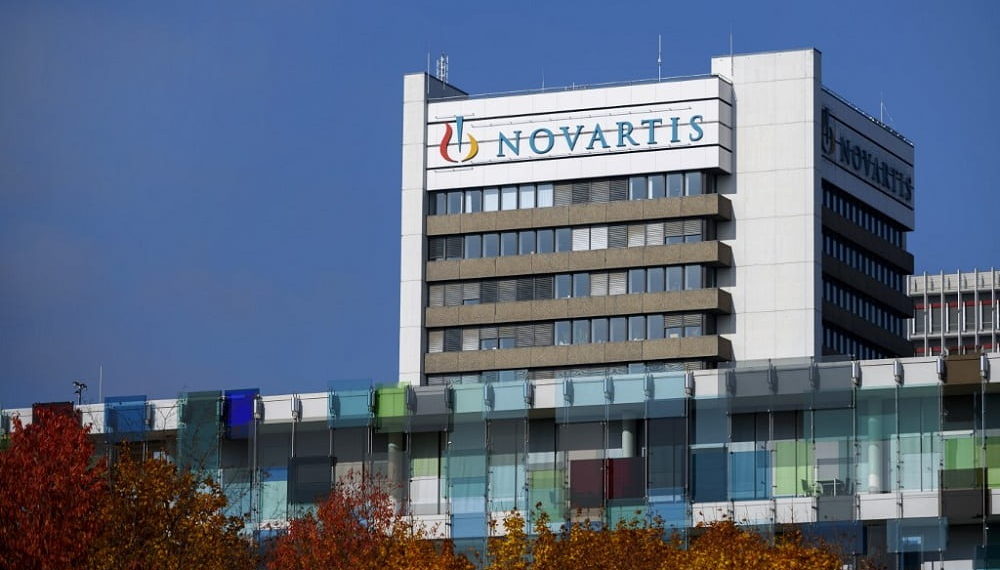The Medicines Company announced positive data from ORION-10, the second of three 19-month Phase III trials for inclisiran for lowering cholesterol, Novartis announced it was acquiring the company for $9.7 billion.
Under the terms of the deal, Novartis is paying $85 per share in cash, which is about a 41% premium of The Medicines Company’s 30-day volume weighted average of $60.33 about 24% of its closing share price of $68.55 on the same day. The boards of both companies have unanimously approved the acquisition.
“We are excited about entering into an agreement to acquire The Medicines Company as inclisiran is a potentially transformational medicine that reimagines the treatment of atherosclerotic heart disease and familial hypercholesterolemia,” said Vas Narasimhan, chief executive officer of Novartis.
He went on to say, “With tens of millions of patients at higher risk of cardiovascular events from high LDL-C, we believe that inclisiran could contribute significantly to improved patient outcomes and help healthcare systems address the leading global cause of death. The prospect of bringing inclisiran to patients also fits with our overall strategy to transform Novartis into a focused medicines company and adds an investigational therapy with the potential to be a significant driver of Novartis’ growth in the medium to long term.”
Inclisiran is an investigational twice-yearly drug to reduce low-density lipoprotein cholesterol (LDL-C). It is the first and only in the small-interfering RNA (siRNA) class.
The ORION-10 trial met all primary and secondary efficacy endpoints. The drug demonstrated placebo-adjusted LDL-C decreases of 58% at day 510, and showed time-averaged placebo-adjusted LDL-C decreases of 56% from day 90 through day 540.
The safety signals for inclisiran was similar to the placebo group. A small number of patients in both groups showed at least one serious treatment emergent adverse event, with incidences of deaths, 1.4% and 1.5%, and malignancies, 3.3% versus 3.3%, for placebo and inclisiran, respectively.
The Medicines Company expects to use the data to submit for a New Drug Application (NDA) to the U.S. Food and Drug Administration (FDA) before the end of the year and in Europe in the first quarter of 2020.
Since Narasimhan took over in February 2018, Novartis has announced almost $16 billion in acquisitions. Novartis also spun off the Alcon eye-care division and unloaded its stake in a consumer-health venture. The focus appears to be on bolstering the company’s oncology and rare disease portfolio.
The acquisition appears to assume inclisiran will create more than $2 billion in annual sales, according to Umer Raffat, an analyst at Evercore/ISI. This is because The Medicines Company acquired the drug from Alnylam and will have to split profit with them.
Another aspect of the drug that may draw skepticism from investors is that it’s a PCSK9 inhibitor. The two previous PCSK9 inhibitors on the market, are Sanofi and Regeneron Pharmaceuticals’ Praluent and Amgen’s Repatha. Neither drug has done as well on the market as originally expected, and payers have been reluctant to reimburse the expensive drugs. Over the last year, the companies have cut their drug prices to try to get more traction in the market.
Amgen cut the price of Repatha in October 2018 to about $4,500 to $6,600 a year from an original price of about $14,000 for a year’s supply. In February 2019, Sanofi and Regeneron slashed Praluent’s price to $5,850 per year.
However, inclisiran may have an advantage over Praluent and Repatha. Those drugs are dosed once every two weeks or monthly. Inclisiran can be dosed twice a year and the pricing is expected to be lower. However, a large clinical trial evaluating whether inclisiran decreases heart attacks and stroke is still ongoing.
Novartis had success turning around sales of its cardiac drug Entresto, with sales jumping 60% in the third quarter of this year to $430 million. Narasimhan is likely betting Novartis can make similar progress with inclisiran.



















